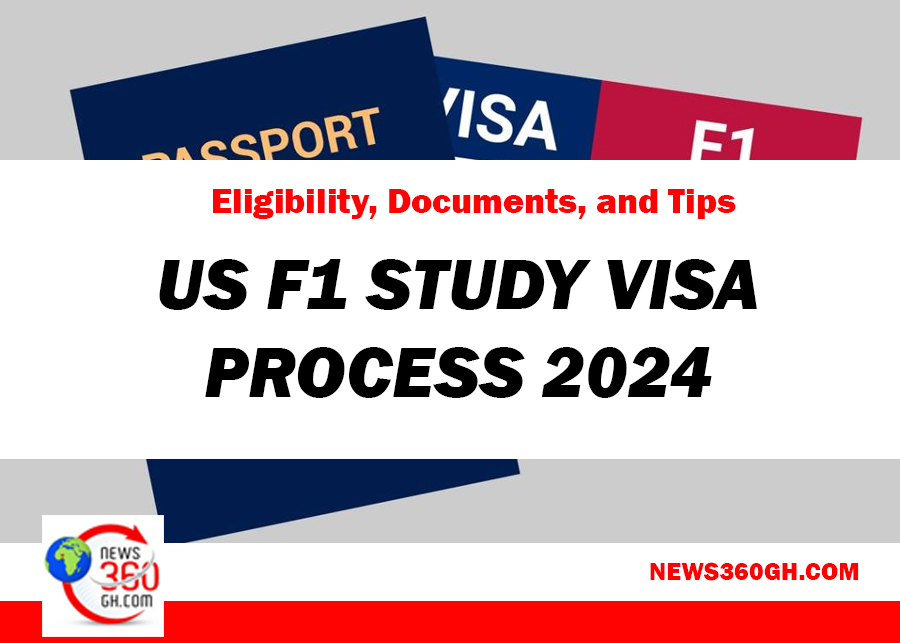
In the dynamic landscape of global education, the pursuit of academic excellence often intersects with a commitment to fostering peace and understanding. The Duke-UNC Rotary Peace Fellowships for the year 2025 in the USA embody this intersection, offering international students a transformative opportunity to engage in scholarly pursuits while championing peacebuilding efforts. This article delves into the details of these prestigious fellowships, exploring their significance, benefits, eligibility criteria, and application process.
The Duke-UNC Rotary Peace Center: A Nexus of Excellence
Uniting Two Esteemed Institutions:
The Duke-UNC Rotary Peace Fellowships represent a collaboration between Duke University and the University of North Carolina at Chapel Hill, two renowned institutions known for their academic rigor and commitment to social impact. This partnership creates a unique environment where fellows can access a diverse array of resources and expertise.
Oversight and Partnership:
The Duke Center for International Development and UNC Global oversee the Duke-UNC Rotary Peace Center, ensuring that fellows receive comprehensive support and guidance throughout their academic journey. This partnership leverages the strengths of both institutions to provide fellows with unparalleled opportunities for growth and learning.
Academic Offerings
Duke University: Sanford School of Public Policy
At Duke University’s Sanford School of Public Policy, Rotary Peace Fellows engage in an immersive exploration of international development policy. The Master’s program is designed for individuals who aspire to make a positive impact through policy and public service in developing countries. Fellows benefit from access to esteemed faculty, cutting-edge courses, and a vibrant community of scholars.
University of North Carolina at Chapel Hill: Diverse Academic Landscape
The University of North Carolina at Chapel Hill offers a diverse range of academic options for Rotary Peace Fellows. From global public health to education and social work, UNC provides fellows with the flexibility to tailor their academic experience to their interests and career goals. With access to top-notch resources and renowned faculty, UNC fosters an environment of intellectual curiosity and innovation.
Catalysts for Peace: Fellowship Program Highlights
Empowering Change Agents:
The Rotary Peace Fellowship program empowers individuals who are committed to promoting peace and facilitating progress in their communities. Through a combination of coursework, hands-on experience, and mentorship, fellows develop the skills and knowledge needed to drive meaningful change in areas affected by conflict and instability.
Curriculum Overview:
The curriculum of the Duke-UNC Rotary Peace Fellowships is designed to equip fellows with the tools and insights necessary to address complex peace and security challenges. From conflict resolution strategies to sustainable development practices, the program covers a wide range of topics essential for effective peacebuilding.
Benefits of the Fellowship
Comprehensive Financial Support:
The Rotary Peace Fellowship provides comprehensive support to fellows throughout the duration of the program. From covering tuition and fees to providing a monthly stipend for living expenses, the fellowship ensures that fellows can fully devote themselves to their academic pursuits without financial constraints.
Opportunities for Professional Growth:
In addition to academic support, the fellowship offers opportunities for professional growth and development. Fellows have access to fully funded summer internships, financial support for attending conferences, and assistance for academic research projects. These opportunities enable fellows to gain practical experience and expand their professional networks.
Eligibility Requirements
Commitment to Peacebuilding:
Applicants must demonstrate a strong commitment to promoting peace and understanding in their communities and globally. This commitment should be evident through their professional endeavors, academic achievements, and community service activities.
Leadership and Academic Excellence:
Applicants should possess exemplary leadership abilities and a track record of academic excellence. A bachelor’s degree with a robust GPA is required, along with a minimum of three years of relevant full-time work experience.
Language Proficiency and Standardized Tests:
Proficiency in a second language is preferred but not required. While standardized tests such as the TOEFL or IELTS may be necessary for some applicants, waivers are available based on the selected curriculum. GRE scores are not required for all programs.
Application Procedure
Global Selection Process:
The Rotary Peace Fellowships are awarded through a highly competitive global selection process. Rotary districts nominate candidates for consideration, with a total of 130 fellowships available each year. The application deadline for the 2025–26 academic year is May 15, 2024.
Support and Guidance:
The Duke-UNC Rotary Peace Center provides support and guidance to applicants throughout the application process. From navigating eligibility requirements to preparing application materials, the center offers resources and assistance to ensure that candidates submit strong and competitive applications. Click on this link to access the application portal.
Conclusion
In conclusion, the Duke-UNC Rotary Peace Fellowships for 2025 offer a transformative opportunity for individuals committed to advancing peace and understanding on a global scale. Through comprehensive support, rigorous academic training, and hands-on experience, fellows emerge as empowered leaders and change agents in their respective fields.
FAQs (Frequently Asked Questions)
- Who is eligible to apply for the Duke-UNC Rotary Peace Fellowships?
- What are the primary benefits of the fellowship?
- How competitive is the application process?
- Are standardized tests required for application?
- How can I access the fellowship application?





